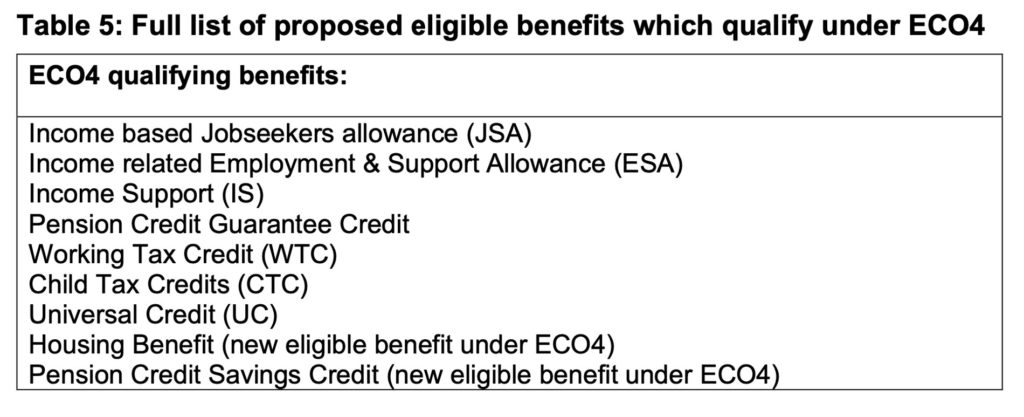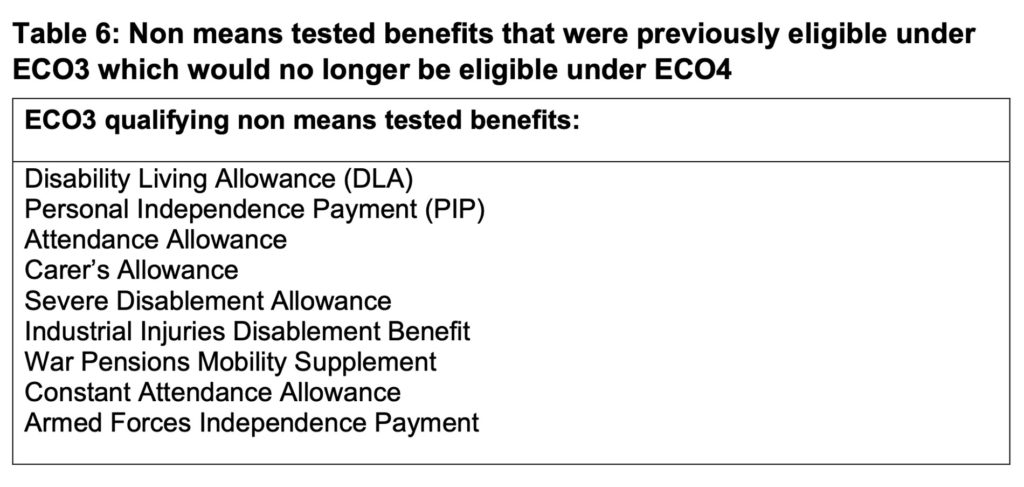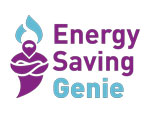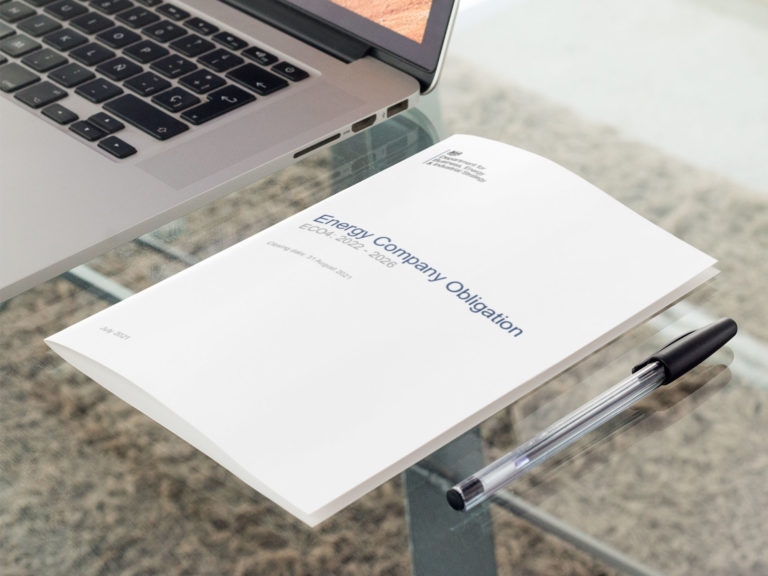Did you know that the fourth phase of the Government’s Energy Company Obligation called ECO4 is currently accepting applications from homeowners? Here we explain the grants and the changes that have been made to the scheme. So grab a cup of coffee and get ready to learn everything there is to know about ECO4!
The Energy Company Obligation (ECO) is a scheme that requires energy suppliers to improve energy-efficiency in UK homes while also tackling fuel poverty. It has been running since 2013, with the current phase called ECO4.
This current phase of the scheme has £4 billion of funding allocated to it and it is expected to run until March 2026
This blog will cover the changes to the scheme, compared to previous phases. Find out everything you need to know about the current phase – ECO4.

1. What is the Energy Company Obligation?
The Energy Company Obligation (ECO) is a scheme that requires energy companies to help households who are struggling with their fuel bills. It is a Government initiative that obligates energy companies to reduce carbon emissions and help the UK meet carbon reduction targets.
Under this obligation energy suppliers deliver lifetime savings by installing energy efficiency measures in homes throughout England, Scotland and Wales.
The Energy Company Obligation (ECO) launched in 2013 and according to Government figures from February 2023, over 3.6 million measures have been installed in over 2.4 million homes.
2. What is ECO3?
ECO3 is the last phase of the Energy Company Obligation. It started in December 2018 and was available until 31 March 2022.
(ECO1, ECO2 and ECO2t were previous phases of the scheme and there’s more information regarding these phases on the OFGEM website here).

3. What is ECO4?
ECO4 is the fourth and final phase of the Government’s Energy Company Obligation. It started in August 2022 and it is due to continue until 31 March 2026 but it could end earlier if energy companies meet their obligation.
The Government has made £4 billion of funding available to this stage of the scheme and a number of changes were made to the eligibility criteria.
3.2. Changes to the number of measures to be installed under Local Authority Flexible Energy (up to 50% of measures can be installed under council rules whereas it was previously capped at 25%)
3.3 There are proposed additional Energy Performance Certificate (EPC) improvement requirements
3.4. Removal (almost) of boilers from the scheme (only non-condensing boilers can be upgraded under new rules)
3.1. Changes to qualifying benefits
The Government removed a number of disability benefits from the new scheme. They also added Housing Benefit and also Pension Credit Savings Credit in the new phase.
Qualifying benefits in ECO4:

Qualifying benefits that were removed in ECO4:

If you claim one of the benefits that have been removed you could still qualify through the health or vulnerable routes. Our blog on the 6 ways to qualify explains the various ways a household can be eligible for funding.
Child Benefit income thresholds for ECO4:

3.2. Changes to the number of measures to be installed under Local Authority Flexible Energy
During ECO3 energy companies were allowed to use a maximum of 25% of their obligation through Local Authority Flexible Energy rules (Local Authority Flexible Energy is often called LA Flex). Local Authority Flexible Energy allows councils to set their own eligibility criteria and they do this through publishing a statement of intent for flexible energy and the rules help households that don’t claim benefits access funding.
As part of the changes proposed for ECO4 suppliers can deliver up to 50% of their obligation through Local Authority Flexible Energy (so double the number previously allowable).
3.3. Energy Performance Certificate (EPC) improvement requirements
There are addition requirements for minimum increases in the energy-efficiency rating of properties after measures have been installed.
Where a property has an existing Energy Performance Certificate (EPC) band of F or G the grants will need to improve the rating to at least a D rating.
Where a property has an existing Energy Performance Certificate (EPC) band of band D or E the grants will need to improve the rating to at least a C rating.
The idea is that this approach will increase the number of grants and the energy-efficiency savings achieved.
The Government is also proposing that a minimum number of band E, F and G homes will be upgraded, so that most inefficient homes are not left behind.
3.4. Boiler grants removal (almost) from the scheme
Almost 134,000 boilers were installed under ECO3 whereas under ECO4 boilers will be limited to 5,000 and there are additional rules around the types of boilers that qualify meaning that very few households will be eligible for boiler grants under the new rules.

4. Who should care about these changes?
If you receive one of the qualifying benefits that are being removed from the qualifying criteria you should apply sooner rather than later. We’d go so far as to advise applying as soon as possible as in some cases it can take several months to complete an application (if for example a new gas line needs to be laid to the property). The benefits being removed from the scheme include:
Armed Forces Independence Payment
Attendance Allowance
Carer’s Allowance
Constant Attendance Allowance
Disability Living Allowance (DLA)
Industrial Injuries Disablement Benefit
Personal Independence Payment (PIP)
Severe Disablement Allowance
War Pensions Mobility Supplement
If you receive Housing Benefit alongside these benefits you will still qualify under ECO4 but we still recommend visiting our website to see if you are eligible for a grant sooner rather than later.
Additionally home owners with old inefficient boilers should apply now as very few boilers will qualify under the new rules and even if your boiler does qualify once the cap is reached boiler grants will be no more.
We hope that this blog has offered some insight into the new ECO rules. If you have any questions or comments, we would love to hear from you. Please find us on Facebook @EnergysavinggenieUK or email us at hello@energysavinggenie.co.uk
Thanks again for reading, we hope that this information was helpful! If so, please share with friends and family via social media or email today! You never know when someone will find this information useful!
Apply for a grant
Check eligibility for grants
Fill in the short form to see if you are eligible for Government grants.



